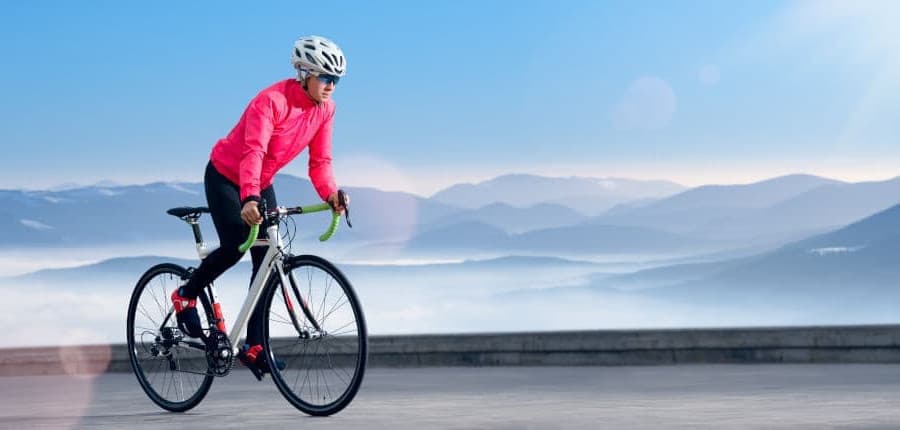
- Details
Many athletes believe that fat intake is bad for them, as it is often associated with weight gain and decreased sports performance. However, fats play a crucial role in an athlete's diet. Several processes in your body depend on fats, and particularly in endurance sports, where intensity is lower, they contribute to optimising performance. The perception of fats among athletes is changing; this article explains what endurance athletes need to know about fats.
- Hits: 545

- Details
Preparing for a winter ride is not just about choosing the right clothing to protect yourself from the weather conditions. It is also a challenge to eat and drink enough during training. The risk of dehydration is higher when the temperature is low, your glycogen usage increases, and you are more susceptible to illness. Proper nutrition and hydration can significantly improve your performance during a winter ride.
- Hits: 124

- Details
Travelling to the race, the time of the race, and the high intensity of the event make it difficult to plan your meals beforehand. You don't want to eat something too close to the race and risk feeling bloated, but you also don't want a poor performance because you've consumed too little.
- Hits: 173

- Details
In preparation for a swimming competition, it is important to pay attention to your nutrition. What you eat and drink before, during, and after a swimming competition can have a significant impact on your performance. You need enough energy to perform well, but you do not want to start with a bloated feeling. This article provides some tips on what you could eat during a swimming competition.
- Hits: 583

- Details
During exercise you lose water from respiration and sweating. If you do not replace this fluid loss by drinking sufficiently your aerobic performance may decline. When the water content in your body is lower than normal, your body temperature is less well controlled and exercise at a certain intensity can feel much harder than normal. In addition, dehydration also affects your concentration, your ability to make decisions during a race, and your coordination.
- Hits: 155

